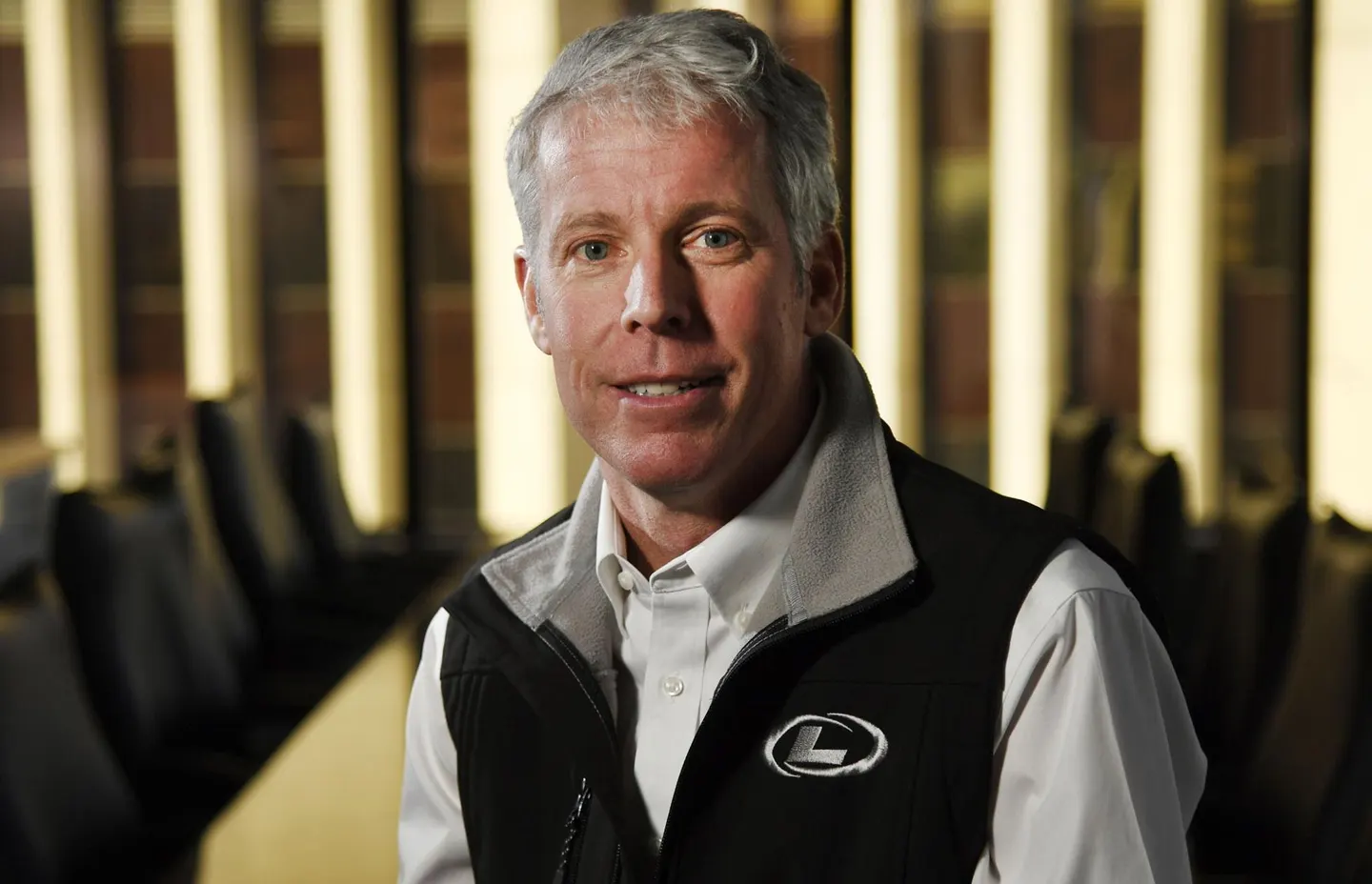Chris Wright: The Energy Visionary Balancing Pragmatism with Innovation

Chris Wright, CEO of Liberty Energy and President-elect Donald Trump's pick for Secretary of Energy, is no stranger to controversy. Often labeled a "climate denier," Wright challenges conventional narratives, not by rejecting climate science but by advocating a pragmatic, data-driven approach to energy. This self-proclaimed "nerd" is a mechanical engineer and a successful entrepreneur who has spent three decades revolutionizing energy production while investing in groundbreaking low-carbon technologies. With degrees from MIT and UC Berkeley, Wright believes that human progress is inextricably linked to energy consumption. "Any negative impact of climate change has been overwhelmed by the benefits of increasing energy consumption," he argues, pointing to advancements like refrigeration, air travel, and the internet—all made possible by fossil fuels. As he sees it, a brighter future is not made in shrinking energy use but rather in ensuring it is more dependable, more affordable, and more secure. It has been this ethos that has led him throughout his career and drives his passion for innovation.
Head of Liberty Energy, Wright oversees a business that brings in more than $4 billion annually in revenue, responsible for drilling 20% of the nation's oil and gas wells. Liberty's operations – based on hydraulic fracturing – are Wright's ethos: accepting the realities of energy production while minimizing environmental damage. For instance, Liberty's fracking sites often use natural gas-powered generators instead of diesel engines, cutting down on carbon monoxide and particulates emissions. Such moves reflect his commitment to practical, incremental solutions rather than sweeping ideological mandates.
Even though Wright is associated with the fossil fuel industry, he does have a visionary approach towards energy. Liberty has invested heavily in start-ups that are researching scalable, low-carbon technologies. One of them is Fervo Energy, which applies fracking techniques to geothermal energy. Wright was an early believer in Fervo's potential and supported the company with $10 million in Liberty's capital and played a key role in attracting other investors. His interest in geothermal energy goes back years, inspired by his fellowship research in Japan, and Fervo's success is a personal and professional triumph.
Wright's portfolio also includes Oklo, which is developing modular nuclear reactors with cutting-edge technology. Liberty's $10 million investment in Oklo has already tripled in value, reflecting Wright's confidence in nuclear power's potential to provide 24/7 energy. He's also backed Natron, a sodium-ion battery startup, as part of Liberty's broader commitment to energy innovation. These investments, although to be subsidized by the federal government under the Inflation Reduction Act, resonate with Wright's philosophy that good technology should be able to stand on its own economically without subsidy.
While he supports low-carbon technologies, Wright is vociferously critical of wind and solar energy. He lists their intermittency and massive resource requirements for production; from cobalt mining in Congo to polysilicon factories in China. He believes that these "green" technologies come with untold environmental and societal trade-offs that are not considered in most public discourse. He promotes a balanced approach, that all energy production comes at a cost.
Wright's career goes back to the early 1990s when he founded Pinnacle Technologies, which specialized in microseismic fracture mapping. His experience helped set the stage for the shale gas revolution and laid down the foundation for America's energy boom. He then co-founded Liberty Resources as an exploration company in the Bakken fields of North Dakota and eventually launched Liberty Energy to fill fracking service shortages. In his long career, Wright has founded and sold more than $1 billion in energy ventures.
Now 59, Wright just won't quit. Detractors may bridle at his practical approach to climate and energy policy, but they still respect his intellect and acumen. Proponents, like private equity investors David Leuschen and Pierre Lapeyre, credit him with stripping away complex issues and leaving them to make rational, facts-based decisions. Whether it's the complexities of the Department of Energy or investing in the next big breakthrough, Wright is committed to his mission: abundant, affordable energy for all.
As he steps up for the role of Energy Secretary, Wright's record suggests a readiness to do the same as his career has thus seen it with proper mixing of pragmatism and innovation that underscored his entire career path. Be it in steering the federal energy policy or fanning entrepreneurship, he leaves long-lasting impact upon America's energy landscape.



